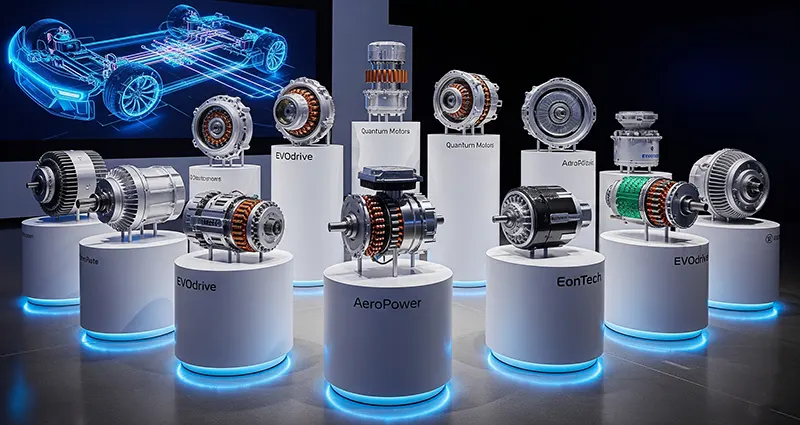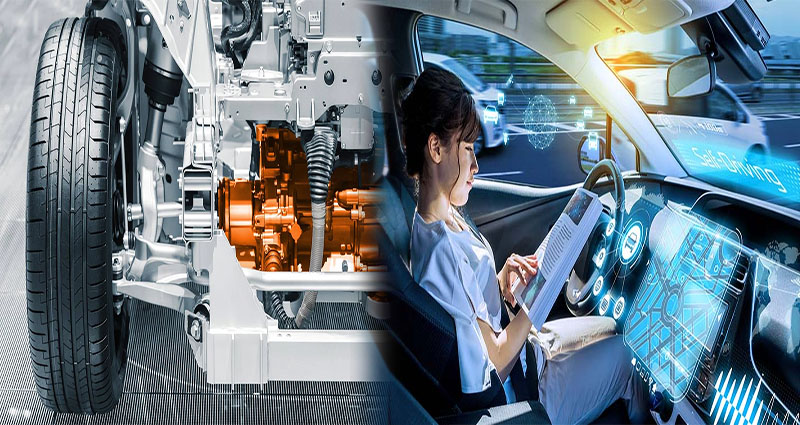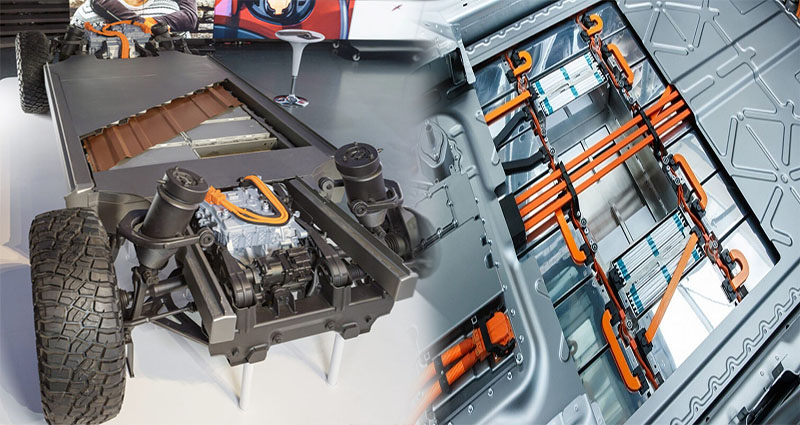Supply Chain Challenges for EV Charging Port Components and Semiconductors
The rapid growth of the electric vehicle (EV) market has brought unprecedented demand for critical components such as charging port parts and semiconductors. These components are essential to ensuring that EVs operate efficiently and meet consumer expectations for range, charging speed, and safety. However, the industry is currently grappling with significant supply chain challenges that threaten to slow down production and delay EV adoption worldwide.
The Importance of Charging Port Components and Semiconductors in EVs
Charging port components connect EV batteries to external power sources, enabling convenient and fast recharging. These include connectors, cables, inlets, and control electronics designed for high power transfer and durability under frequent use.
Semiconductors, the backbone of modern automotive electronics, control everything from battery management systems and inverters to infotainment and advanced driver assistance systems (ADAS). Their role in power conversion and communication is crucial in optimizing EV performance and safety.







